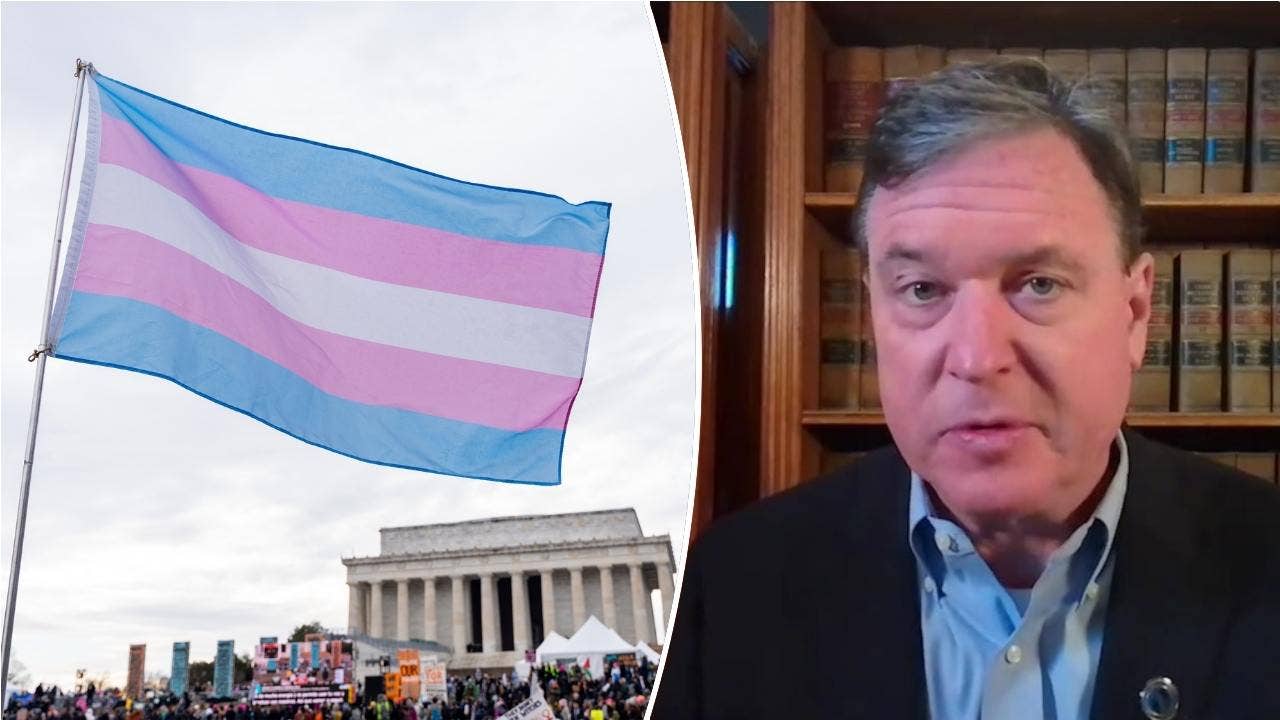Prisoners have no ‘constitutional right’ to sex changes, red-state AG tells court

Federal and state authorities are upholding the U.S. Constitution by denying federal prisoners access to taxpayer-funded sex change procedures for transgender inmates, as stated by Indiana Attorney General Todd Rokita in a recent U.S. district court hearing. Rokita filed a 24-state amicus brief in support of President Donald Trump’s executive order, “Defending Women from Gender Ideology Extremism and Restoring Biological Truth to the Federal Government,” which prohibits the use of federal taxpayer dollars for transgender procedures for inmates.
In an interview with Fox News Digital, Rokita emphasized the potential consequences of allowing transgender surgeries for inmates, stating that it could lead to a flood of similar cases and increased costs for the state of Indiana. He highlighted the unnecessary and dangerous nature of such surgeries, underlining the importance of upholding President Trump’s executive order.
Rokita is actively involved in a legal battle against the American Civil Liberties Union (ACLU) on behalf of a transgender inmate who was convicted of killing his 11-month-old baby and is seeking a sex-change surgery. Despite Indiana’s law prohibiting the use of taxpayer funds for such procedures, the federal judge in the case, Clinton appointee Richard Young, has repeatedly ruled in favor of the inmate receiving gender surgery.
The core issue in both Rokita’s and the Trump administration’s cases revolves around the claim that denying “gender-affirming care” to inmates violates the Eighth Amendment’s prohibition of “cruel and unusual punishment.” In a separate case representing an inmate identified as Maria Moe, advocacy groups are challenging the executive order signed by Trump, which led to Moe being transferred to a men’s prison facility.
Several plaintiffs in the lawsuit against the executive order were also transferred to men’s facilities based on their biological sex but were later sent back to women’s facilities following a preliminary injunction issued by U.S. District Judge Royce Lamberth.
Rokita expressed concerns about the implications of overturning President Trump’s executive order, citing potential chaos and increased expenses for taxpayers in the prison system. He emphasized the need for the executive order to stand and for Indiana to win the ongoing legal battle against the ACLU.
As the debate over transgender rights in prisons continues to unfold, the legal landscape remains complex and contentious. The intersection of constitutional rights, medical procedures, and prison policies underscores the importance of finding a balance that respects individual rights while considering the broader implications for the justice system.




